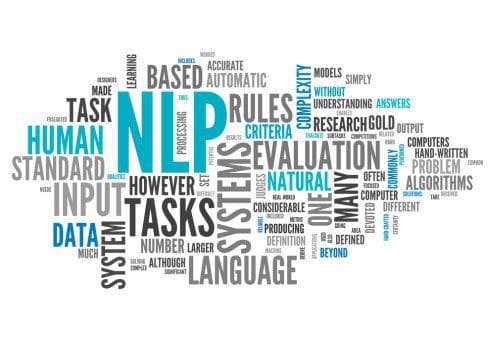Hello! I have been enrolled at Stanford and have been taking their courses online. Here are my few cents on the ones I have taken so far. CS224n - Natural Language Processing with Deep Learning (Prof. Manning) Difficulty: 4/5...
Hello!
I have been enrolled at Stanford and have been taking their courses online. Here are my few cents on the ones I have taken so far.
CS224n - Natural Language Processing with Deep Learning (Prof. Manning)
Difficulty: 4/5 (Moderate) What to expect: Get exposed to State-of-the-Art (SoTA) Deep Learning techniques applied to NLP. Key topics: Question and Answering Text Summarization Parts of Speech tagging Sequence-to-Sequence models Transformers Gives you a very good overview of where NLP is headed, homeworks are challenging but allow you to implement latest neural architectures to solve various language problems. My class project: BertQA (99* stars on github) - Won Best Project Award in the class
CS231n - Convolutional Neural Networks for Visual Recognition (Prof. Li and Justin Johnson)
Difficulty: 4/5 (Moderate) What to expect: Extensive overview of latest trends in Computer Vision techniques across different domains and applications - Discriminative models Unsupervised techniques Neural Architecture layers and intutions Segmentation Generative Techniques Style Transfer Homeworks are the best part of the class which allow you to implement a variety of Neural Layers and get in-depth intuition of how deep learning actually works. I would suggest some familiarity with matrix calculus and probability for this course. My class project: Spatio-Temporal Adversarial Video Super Resolution
I have been enrolled at Stanford and have been taking their courses online. Here are my few cents on the ones I have taken so far.
CS224n - Natural Language Processing with Deep Learning (Prof. Manning)
Difficulty: 4/5 (Moderate) What to expect: Get exposed to State-of-the-Art (SoTA) Deep Learning techniques applied to NLP. Key topics: Question and Answering Text Summarization Parts of Speech tagging Sequence-to-Sequence models Transformers Gives you a very good overview of where NLP is headed, homeworks are challenging but allow you to implement latest neural architectures to solve various language problems. My class project: BertQA (99* stars on github) - Won Best Project Award in the class
CS231n - Convolutional Neural Networks for Visual Recognition (Prof. Li and Justin Johnson)
Difficulty: 4/5 (Moderate) What to expect: Extensive overview of latest trends in Computer Vision techniques across different domains and applications - Discriminative models Unsupervised techniques Neural Architecture layers and intutions Segmentation Generative Techniques Style Transfer Homeworks are the best part of the class which allow you to implement a variety of Neural Layers and get in-depth intuition of how deep learning actually works. I would suggest some familiarity with matrix calculus and probability for this course. My class project: Spatio-Temporal Adversarial Video Super Resolution
CS221 - Artificial Intelligence - Principles and Techniques (Prof. Liang and Prof. Sadigh)
Difficulty: 4.5/5 (Heavy)
What to expect:
This is one of the most "dense" classes I have come across at Stanford. The nature of the class is such that it is trying to fit in this huge umbrella of AI topics within a quarter - which is what makes it challenging. Topics include -
Search
Markov Decision Process
Reinforcement Learning (RL)
Adversarial Games
Constraint Satisfaction problems
Bayesian Networks (BN)
Amongst these, Reinforcement Learning and Bayesian Networks are conceptually heavy topics which require some extra effort.
That being said, the topics are interesting and makes you appreciate the latest trends in AI and draw parallels from traditional techniques.
Homeworks are weekly and can take time but are fun for the most part! You build your own Pacman game.
My class project:
Work in progress (to be updated shortly)
Feel free to send in any other questions you would like for me to answer.
Thank you,
Ankit Chadha













